Members of the phylum Nematodes have existed for about one billion years, making them one of the most ancient and diverse types of animals on earth. The nematode body is usually long and narrow, linear, but not segmented. Plant nematodes are one of the important pathogens causing crop diseases. Nematodes feed on all parts of plants, including roots, stems, leaves, flowers, and seeds. Nematodes obtain food from plants in various ways, seriously endangering the safe production of wheat, corn, rice, sweet potato, potato, soybean, vegetables, peanuts, and other crops.
Lifeasible, as a leading plant biotechnology company, is committed to helping our customers achieve effective and successful research. We provide detection and genetic analysis of nematodes and varieties analyses of nematodes diseases and beneficial nematodes. In addition, we deliver reliable results and reports on time to our customers all over the world.
The primary measure in nematode disease control is detection and monitoring, and the research work devoted to rapid, accurate, and convenient diagnosis technology has been constantly promoted. Lifeasible offers the detection of nematodes based on morphological, molecular, and protein to help our customers with further research.
The genome of Caenorhabditis elegans was the first nematode genome to be sequenced and the first animal genome to be reported. With the application of high-throughput sequencing technology in plant nematodes, more and more plant nematode genomes have been reported. We provide analyses of plant nematode genomics, calreticulin, effector proteins, and genetic diversity.
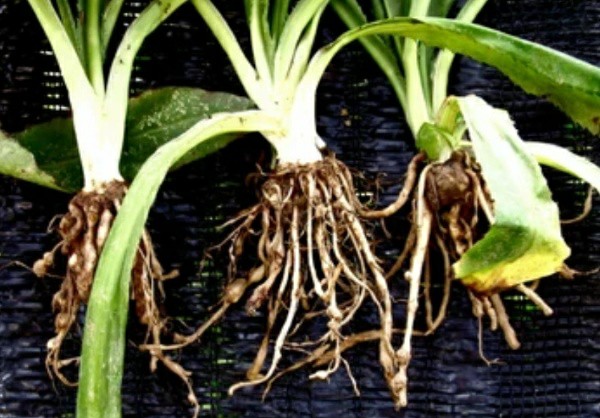
Plant nematode diseases reduce the production of many crops; we provide identification of plant nematode diseases, including nematode staining in diseased root tissue, propagation, and purification of nematode population, identification of nematode species, and variation analysis.
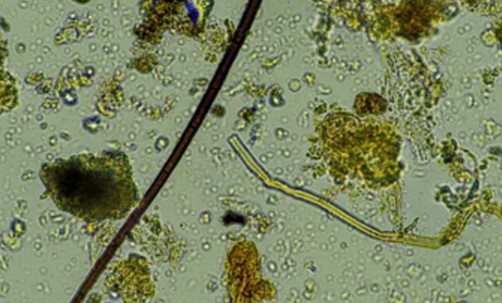
The analysis of the mechanism of plant nematode diseases is the theoretical basis of effective control strategy and the core content of nematodiasis research. We provide mechanistic analysis of a variety of major plant nematodiasis, including pathogen analysis, circulating infection analysis, and pathogenic mechanism analysis.
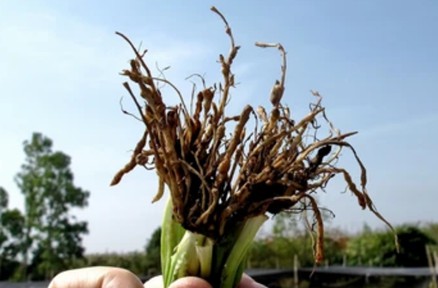
There are many views on the pathogenicity of plant nematodes. We provide the analysis of the pathogenic effect of plant nematodes and associated microorganisms, including the mechanism analysis of nematodes overcoming host physical barriers, chemical defense, regulating defense response, producing plant toxins, and decomposing defense substances.
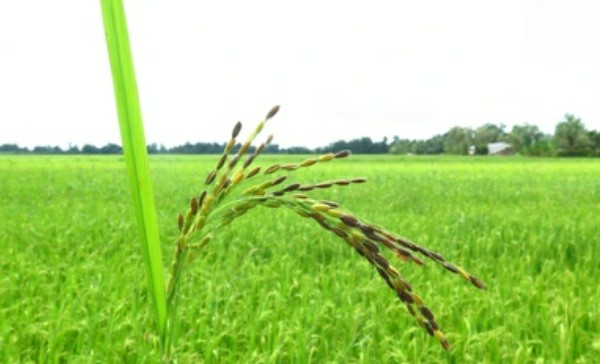
Plant nematodes are an important group of plant pathogens. They are widely distributed and highly adaptable and pose serious hazards to food crops, horticultural crops, and forest plants by establishing long-term and stable parasitic relationships with host plants. We mainly analyze the response mechanism of plants to nematode infection from the aspects of plant resistance genes, non-coding RNA, effector proteins, and hormones.
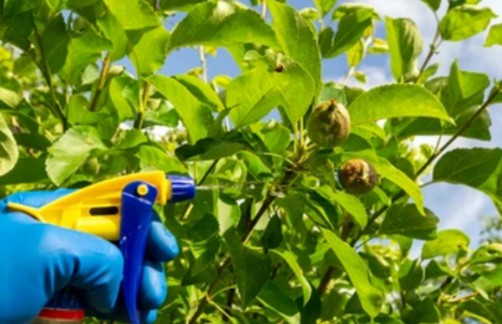
Because of their wide distribution and many hosts, plant nematodes have become an important pathogen threatening agricultural production. We provide analyses of the mechanism of breeding disease-resistant plant varieties, chemical control, and biological control to contribute ideas and solutions for plant nematode control.
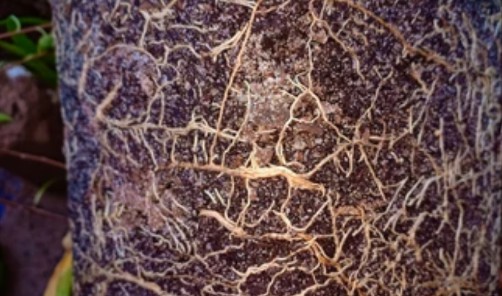
Rhizosphere microorganisms can interact with each other, thus affecting the healthy growth of plants and inhibiting diseases. We provide an analysis of the mechanism of rhizosphere microbial inhibition of nematode diseases from many aspects.
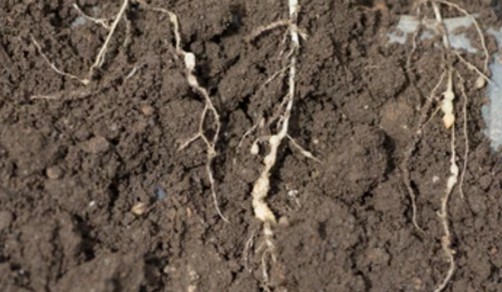
Beneficial nematodes are tiny segmented roundworms that occur naturally in soils all over the world. They are one of the best organic pest control options and are easy to use. We provide culture and plant protection analysis of nematodes.
Lifeasible is always devoted to providing high-quality and satisfactory service to our customers. If you are interested in our services or have any questions, please feel free to contact us or make an online inquiry.